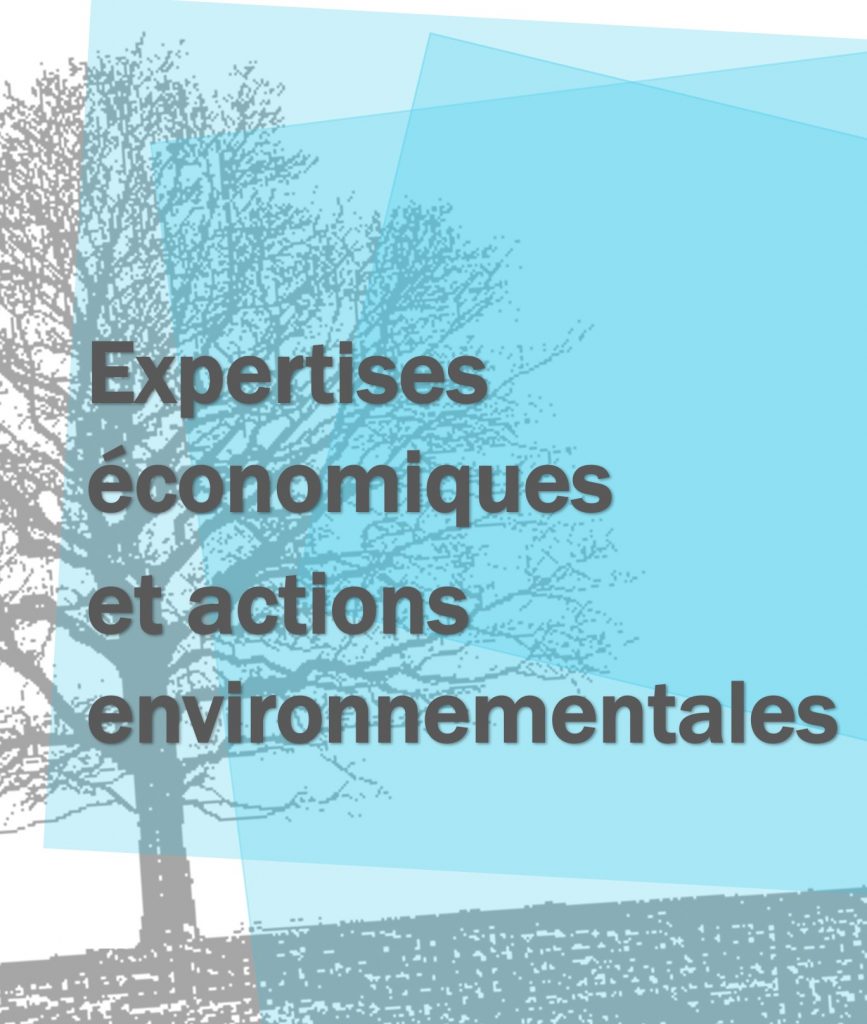The seminar “Economic expertise and environmental actions” welcomes
Sébastien Dutreuil and Jérôme Gaillardet
Critical zone
Drawing on the notion of the critical zone, which originated in the environmental sciences and has been revisited by Bruno Latour in his latest work, this session will explore transformations in the relationship between science, society and politics, as well as in the role of critique and STS, brought about by the rise and structuring of the sciences of habitability and their infrastructures. The session is organized in liaison with the FORET project supported by the CNRS MITI.
Sébastien Dutreuil (CNRS, Centre Gilles Gaston Granger)
Habitability sciences, the attacks that have targeted them, and the legacy of STS: How have our conceptions of science and of the role of Critique changed?
More than twenty years ago, Bruno Latour pondered the consequences – for Critique and STS – of the rise of conspiracism and the maintenance of controversy by merchants of doubt. In the current context, I propose to extend this analysis by focusing on three major historical transformations of the last decades: the transformation of sciences themselves and of their production regime with the rise of habitability sciences (climatology, ecology, critical zones, etc.); the results and achievements of history of science and STS since their constitution; the plurality of attacks on science, from those of the merchants of doubt to the recent brutal attacks, especially in the U.S. and Argentina. Analyzed together, these elements should lead us to redefine not the sciences and their relationship to the public or political power; but also, in so doing, the role of Criticism and STS.
Jérôme Gaillardet (Institut de Physique du Globe)
The critical zone: for a science more situated and more in interaction with society.
The critical zone is the thin habitable veneer of our planet, the study of which requires us to revisit the scientific contours that have been formed over the past few centuries. To begin with, we need to redefine naturalistic objects in a way that takes better account of interdependencies, that is less fixed and more animated by multiple temporalities. This initiative, born out of the confrontation between the results of laboratory science and observations of the world outside, also offers the opportunity for a better appropriation of scientific facts by society, provided that the conditions for this mutual interaction are created. I will discuss how this movement in the sciences came about and illustrate its materialization in the form of observatory networks, databases, and predictive models. I will also explore some avenues of research and experimentation that could give real power to this initiative.

Jérôme Gaillardet is a geochemist specialising in surface processes, Professor of Earth Sciences at the Institut de Physique du Globe de Paris and lecturer at Sciences Po Paris. His research focuses on the global role of chemical weathering in the Earth’s chemical engine, in particular the geochemistry of the sediments transported by rivers and produced by chemical weathering in soils. He is the author of La Terre habitable ou l’épopée de la zone critique (La Découverte, 2023).
Sébastien Dutreuil is a historian and philosopher of science, a CNRS researcher and Deputy Director of the Gilles-Gaston-Granger Centre at the University of Aix-Marseille. His main research interests are the history and philosophy of earth and environmental sciences, and the philosophy of modelling and biology. He is the author of Gaïa, Terre vivante – Histoire d’une nouvelle conception de la Terre (Les Empêcheurs de penser rond, 2024).
Information and registration

Date: Friday May 16, 2025, 11am-1pm
Venue: École des Mines, 60 boulevard Saint Michel, 75006 Paris, room Chevalier.
The session will also be streamed by videoconference. The link will be sent upon registration just before the seminar.
The seminar is open to all. Please register here to participate in this session.
Contact: Béatrice Cointe, Kewan Mertens or Alexandre Violle
Find out more about the program
Crédit photo : Sébastien Dutreuil, Centre Gilles Gaston Granger.
Crédit photo : Jérôme Gaillardet, Institut de Physique du Globe de Paris.

